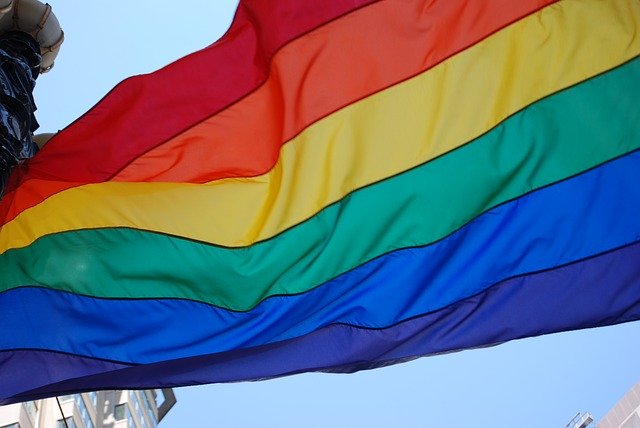Poor levels of mental health among lesbian, gay, bisexual, trans, intersex, queer or questioning (LGBTIQ+) people have often been linked to experiences of homophobic and transphobic discrimination and bullying.
Other factors (such as age, religion, where you live or ethnicity) can add extra complications to an already difficult situation.
HOW THERAPY CAN HELP
It might not be easy, but getting help with issues you may be struggling to deal with on your own is one of the most important things you can do.
Talking with a therapist trained to work with LGBTIQ+ people may help you deal with issues such as:
- difficulty accepting your sexual orientation
- coping with other people’s reactions
- feeling your body does not reflect your true gender (gender dysphoria)
- transitioning
- low self-esteem
- self-harm
- suicidal thoughts
- depression from long-term effects of bullying and discrimination
- hostility or rejection from family, friends or your community
- fear of violence in public places
Read about different types of talking therapy and how they can help.
WHEN SHOULD I GET HELP?
Don’t suffer in silence. You should get help as soon as you feel the need. It’s never too late to get help, no matter how big or small your problem might seem.
You could benefit from getting help if you:
- feel tired or lack energy
- feel tearful
- shut yourself away from people
- no longer want to do things you usually enjoy
- use alcohol or drugs to cope with feelings
- harm yourself or have thoughts about self-harming
- have thoughts of taking your own life
If you’re struggling to cope right now, call the Samaritans on 116 123. They offer a safe place for you to talk about whatever’s on your mind at any time.
WHO CAN HELP?
SPEAK TO YOUR GP
Consider talking to your GP. Some doctors may know what help is available locally and can help you decide which treatment is best for you.
When discussing your situation, try to be as honest as possible with them so they can find the best type of support for you.
SUPPORT GROUPS
These organisations offer mental health advice, support and services, including helplines, for LGBTIQ+ people.
Derman provides holistic health and social care services for the wellbeing of Turkish speaking LGBTIQ+ communities since 1991.
Albert Kennedy Trust
The trust supports young LGBT people between the ages of 16 and 25 years old. They can help with finding specialist LGBT mental health services.
Gendered Intelligence
The organisation works with the trans community, especially young people, and those who affect trans lives.
Imaan
Imaan is a support group for LGBT Muslims, providing a safe space to share experiences, with factsheets and links to relevant services.
LGBT Consortium
The consortium develops and supports LGBT groups and projects around the country. Use the site’s directory to find local mental health services.
London Friend
London Friend aims to improve the health and mental wellbeing of LGBT people in and around London.
Mind LGBTQ
Get information about mental health support for people who are lesbian, gay, bisexual, trans, queer or questioning.
Pink Therapy
Pink Therapy has an online directory of therapists who work with LGBTIQ (lesbian, gay, bisexual, transgender, intersex and questioning), and gender- and sexual-diversity (GSD) clients.
Stonewall
Find LGBT mental health services near you using Stonewall’s “What’s in my area?” search box.
Source: NHS
